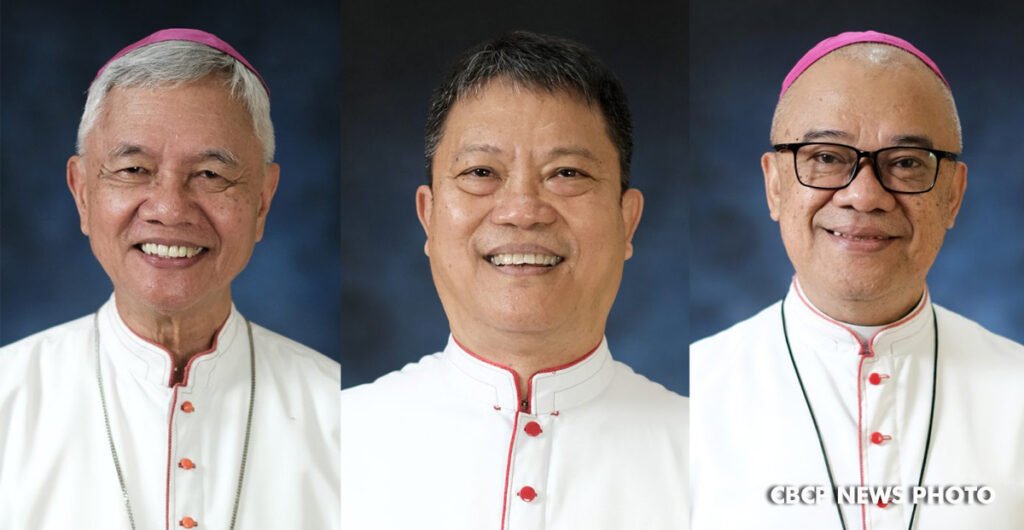• GILBERT P. BAYORAN
The bishops of the three Roman Catholic dioceses in Negros Occidental have issued a statement opposing the attempt to lift the province’s 18-year ban on genetically modified organisms (GMOs).
In a joint pastoral statement released on Sunday, Bacolod Bishop Patricio Buzon, Kabankalan Bishop Louie Galbines, and San Carlos Bishop Gerardo Alminaza urged the Negros Occidental provincial government to reject the proposed GMO Regulatory Ordinance and preserve Provincial Ordinance No. 7 of 2007, the landmark law that keeps Negros GMO-free.
“Our faith calls us to be responsible stewards of nature,” the bishops said.

They said that Provincial Ordinance No. 7, which prohibits the cultivation of GMOs is not merely a regulatory statement.
“It is an ethical achievement, a landmark act of ecological justice, and a testimony to the wisdom of our people,” the bishops said. “To weaken or repeal it would not only be imprudent, it would be irresponsible, unjust and dangerous.”
They further claimed that GMOs threaten biodiversity, soil integrity, and food sovereignty.
Calling the push to allow GMO cultivation a “betrayal of our ecological heritage” and a threat to the rights and safety of Negrenses, the bishops stressed that introducing GMOs would undermine decades of progress in organic farming and expose communities to long-term, irreversible harm.
With Negros Occidental long been recognized as the organic agricultural capital of the Philippines, the bishops said “to abandon this identity now – especially while hosting the Terra Madre – is an embarrassment before the world and betrayal of our own people”.
The three Negros bishops called on the provincial government “not to trade long-term ecological integrity for short-term political or corporate pressure” and for local government units to maintain their organic commitments and be on the side of the people.
They also called on the farmers, youth, and civil society to hold their leaders accountable, defend the land, seeds and their future.
The bishops warned that dismantling the GMO ban would not only damage Negros’ identity as the Philippines’ organic agriculture capital, but would also violate the people’s rights to health, food sovereignty, and a safe environment – all while worsening climate vulnerability in an island already battered by extreme weather.
“In this moment of climate emergency, food insecurity, and ecological crisis, we reiterate our unchanging and united stand ‘Negros must remain GMO-Free”, the bishops further said. | GB




